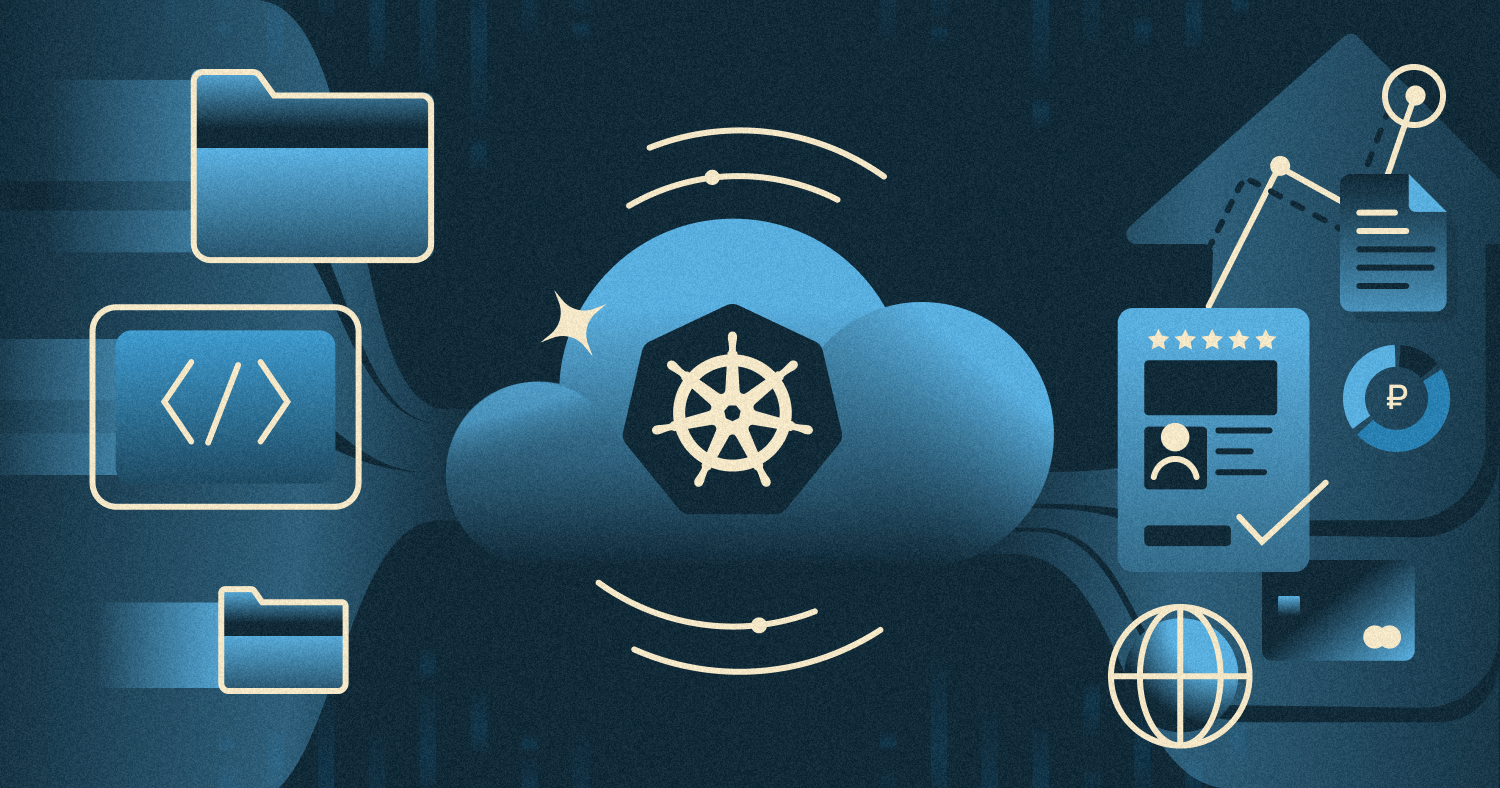Want to manage and store your Docker images in a private and secure environment? A docker registry is the perfect solution for any organization looking for an easy way to keep their sensitive data protected. It is now more important than ever before to utilize a self hosted alternative. This will help to strengthen authentication and authorisation layers, as well as ensure compliance across various platforms. If you’re new to Docker or you are already managing a few hundred containers using Kubernetes, having access to a private container registry service gives teams greater control over their development processes and allows them to swiftly deploy applications that are ready to use without worrying about security risks.

In the age of containerization the usage of container registry has become an essential component for deploying software applications. To ensure the proper management of the many containers used in an application developers can choose to use either private or public container registry. While private registry providers provide strict security and control over who is able to access images, public registries provide the greatest accessibility and availability for developers. It can be difficult to choose the best registry for your particular project. However, by weighing up the pros and cons, you can make an informed decision. It all is dependent on the level of security, control and accessibility is needed.
Container management is critical for any business’s success in today’s rapidly-changing software development. Private container registries allow businesses to effectively store, manage and distribute images from containers.
A private registry for images in containers and also known as the terms private docker container or docker is a database that stores container images in a secure way. It allows developers to manage container images centrally and to share them with other teams and applications. Private container registry services are essential for organizations who use container-based apps and want to safeguard their data.
One of the main benefits of having private container registry is the ability to seamlessly connect it to all major cloud computing providers. It allows companies to increase their storage requirements while maintaining the security and efficiency of their software delivery system. With the increasing popularity of containerization as well as container orchestration tools like Kubernetes, private container registries are now an integral part of any modern software development process.
Private container registrations are more secure than public registries. The main benefit is that you will have more control over access and permissions. Companies can design customized access policies using an individual registry to ensure only authorized users are allowed to access images stored in the container. This decreases the chance of anyone being able to gain access to the containers and also helps to prevent security breach.
Private container registries may also optimize network responses to improve the speed of retrieving images. When images are saved in private registry, they’re generally stored nearer to the location in which they’ll be utilized. This increases performance and decreases latency.
Private registry can be used to set up personalized access controls. By using a registry, an organisation can develop access policies which are crafted to restrict only specific users or groups to view certain images. It ensures that only authorized employees have access to proprietary or sensitive images.
Private container registries don’t just allow you to safely and efficiently manage container images but also provide a host of additional features which can help to make managing containers easier. Private container registry providers can provide automated scanning of images as well as vulnerability detection. These features can help detect potential security risks prior to them becoming a serious problem.
Private container registries can offer an array of deployment strategies, which allows companies to select the strategy that best suits their requirements. Some private registries have on-premises deployment, which is advantageous to companies that need to keep their container image on-premises due to regulatory or compliance regulations. Cloud-based deployment is another alternative that could be more affordable and more scalable, especially for large-volume containers and image management.
There are many aspects to be considered when choosing the best private registry. The security of your container images is an important consideration. To guard images in the container from unauthorised access and security threats, a private registry must have robust security measures in place such as encryption access control, access control and image scanning.
Another consideration to make is ease of use. A private registry should be easy to set up and use with a user-friendly interface and clear documentation. It should be seamlessly integrated with the most popular container orchestration software like Kubernetes to make it simpler to manage images of containers in the modern software pipeline.
It’s also important to think about the scalability an organization’s registry. The registry needs to be able scale as organizations grow, and as the requirements for storage of container images increase.
Private container registry is a vital component of every modern software development pipeline. It provides a secure and efficient method to manage containers and allows companies to expand their storage needs easily. Private container registries are a convenient solution for managing containers, with optimal network responses customized access control, seamless integration with cloud computing services and an efficient speed of response.
